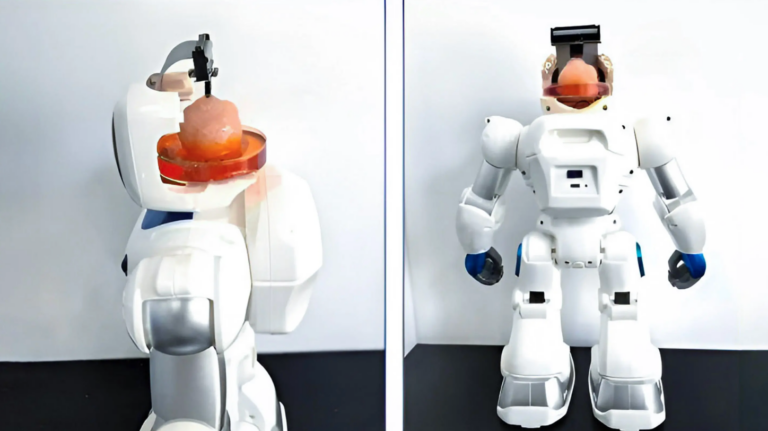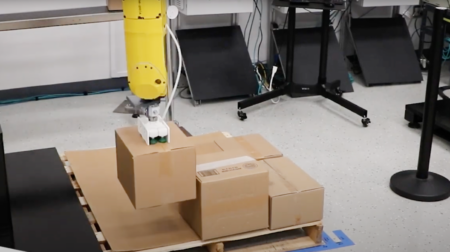Chinese researchers have announced progress in the field of biocomputing with MetaBOC, an open-source system that allows human brain cells to control robots.
MetaBOC connects brain-on-chip biocomputers with electronic devices, enabling human neurons grown on silicon chips to receive, interpret and respond to electrical signals.
This innovation follows the DishBrain project at Monash University, where 800,000 brain cells on a chip reportedly learned to play ping-pong within minutes.
Cortical Labs, a company spin-off from DishBrain, has developed computing modules using human brain cells and aims to commercialise the technology in the coming years.
The neuron-enhanced biocomputers show faster learning and greater efficiency than current AI chips, according to Cortical Labs’ chief scientific officer, Brett Kagan.
In an interview with New Atlas, Kagan added: “Let’s say that these systems do develop consciousness – in my opinion, very unlikely, but let’s say it does happen.
“Then you need to decide, well, is it actually ethically right to test with them or not? Because we do test on conscious creatures.
“You know, we test on animals, which I think have a level of consciousness, without any worry…We eat animals, many of us, with very little worry, but it’s justifiable.”
Despite ethical concerns and the need for maintaining the “wetware” components, such as providing nutrients and protection from pathogens, the potential for these biocomputers is significant.
The MetaBOC project from Tianjin University and Southern University of Science and Technology uses three-dimensional brain organoids, stimulated with low-intensity ultrasound, to create complex neural connections.
The organoids contain about 10,000 brain cells each and can be trained to perform tasks like avoiding obstacles and manipulating objects.
As technology rapidly evolves, the integration of human brain cells in artificial systems could revolutionise how machines learn and interact with the world.
The announcement represents a combining of biological and artificial intelligence, which does pose philosophical and ethical questions about consciousness and the future of AI.









